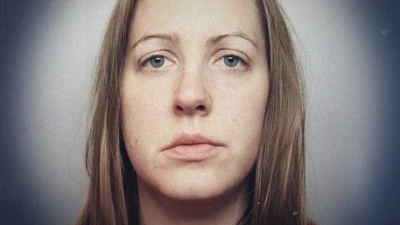We've updated our Privacy and Cookies Policy
We've made some important changes to our Privacy and Cookies Policy and we want you to know what this means for you and your data.
Belgium King Albert II Christmas speech sparks controversy
Image source, Reuters
The Belgian king has provoked a sharp response to a Christmas message in which he drew parallels with the rise of fascism in the 1930s.
Albert II warned against the dangers of populists seeking scapegoats for current economic difficulties.
Flemish separatist leader Bart De Wever assumed the remarks were aimed at him and said he had overstepped his role.
Belgian political experts and commentators argued that the broadcast had intervened in political debate.
In his broadcast, the king said that "in these troubled times we live in, we should remain vigilant and see through populist arguments".
Populists were, he said, "trying to find scapegoats for the crisis, whether foreigners or compatriots from another part of the country".
Such thinking persisted in Belgium as much as in other European countries and "the crisis of the 1930s and the populist reactions of that time must not be forgotten", the king said.
Belgium has a deepening divide between its Flemish (Dutch-speaking) north and French-speaking south, and there has been speculation that the country could ultimately break up.
'Hiding behind the throne'
Mr De Wever, whose New Flemish Alliance (N-VA) party made big gains in elections in October and is now the biggest political force in Flemish-speaking Flanders, accused the king of "implicitly" referring to the N-VA in his speech.
Image source, Reuters
In a newspaper article in De Standaard, he accused the king of choosing "the path of a royalty of division", adding in a later broadcast interview that he could no longer see the monarch as playing the constitutional role of referee.
On Belgian radio he accused Belgium's French-speaking PM, Elio Di Rupo, of "hiding behind the throne", arguing that he must have seen an advance copy of the speech and given it the green light.
"[Di Rupo] won't say I'm a fascist but apparently believes it and lets the king say it," Mr De Wever said.
The separatist leader also took a swipe at a predecessor of Albert's, Belgium's wartime King Leopold III (then a prisoner of war), who met Adolf Hitler "for coffee" at Berchtesgaden in Bavaria in 1940 and took Belgium "to the brink of civil war".
'Bridge too far'
Mr De Wever's angry remarks followed a series of objections from political commentators and academics.
Prof Carl Devos of Ghent University said that the passage of the speech should have been dropped, while monarchy expert Prof Mark Van den Wijngaert said a comparison with the 30s was "a bridge too far".
But another Flemish political leader, socialist Bruno Tobback, said the monarch was merely expressing what other European heads of state had said in their Christmas messages.
Sociologist Benoit Scheuer told La Libre Belgique that it was fine for the king to warn of the dangers of populism, although he believed the major democratic parties should speak out as well.
King Albert has taken a strong position before on Belgium's political difficulties and the monarch does traditionally play a role in attempting to resolve constitutional problems.
In July 2011, Albert gave an emotional televised address, appealing to political leaders to display "modern citizenship" to bring an end to a drawn-out crisis, which left the country without an elected government for a world-record one-and-a-half years.
In an apparent foretaste of his controversial Christmas message, the king warned viewers at the time that if their political impasse remained unresolved, they risked the emergence of a form of "poujadism", referring to a right-wing populist movement in 1950s France.
Top Stories
More to explore
Most read
Content is not available








